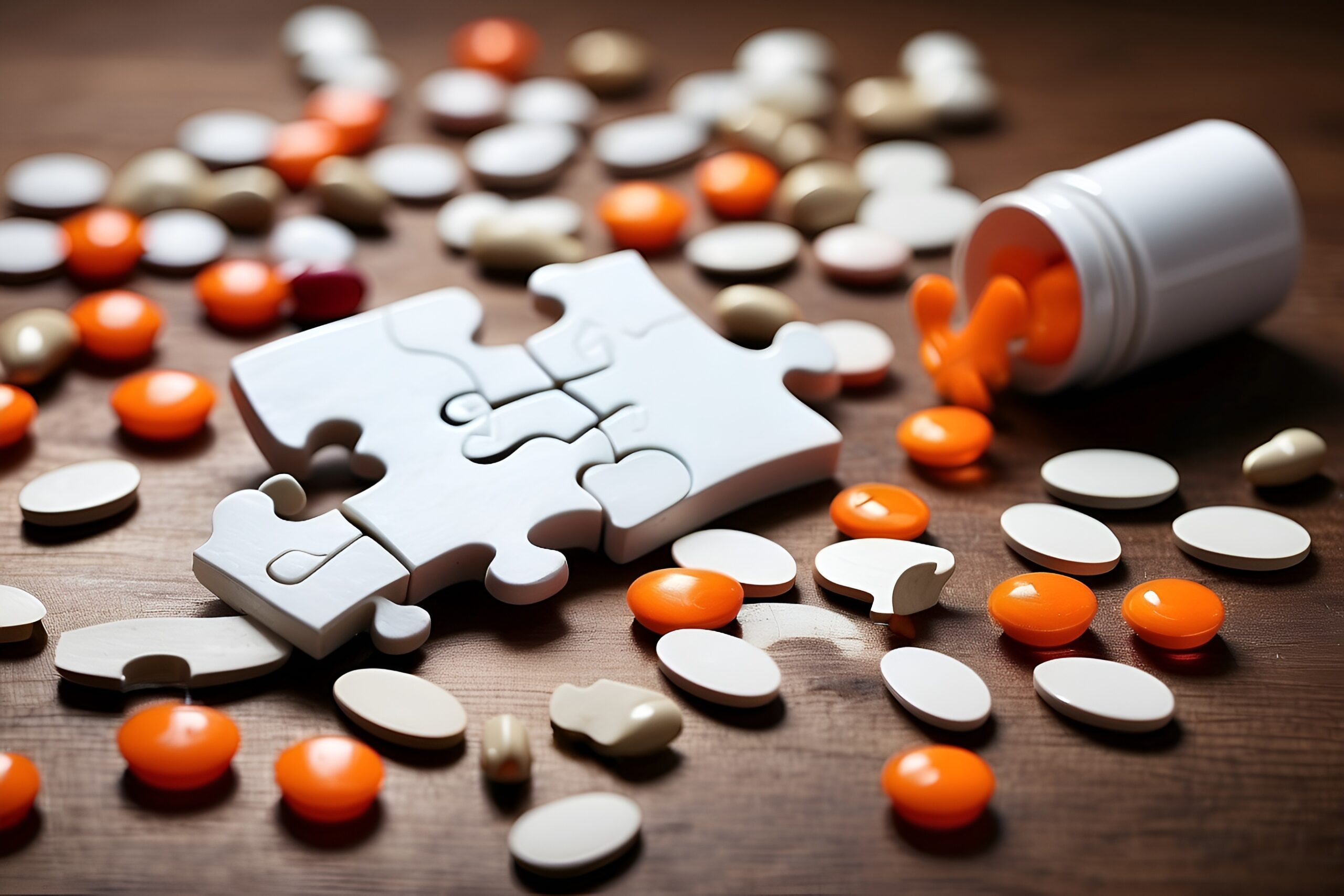Explaining Termination: How to Tackle the Tough Questions About Being Fired
Navigating the aftermath of being terminated from a job can be daunting. Explaining termination, whether to prospective employers or yourself, often entails delving into uncomfortable territory.









